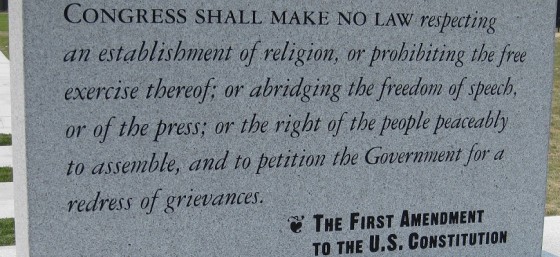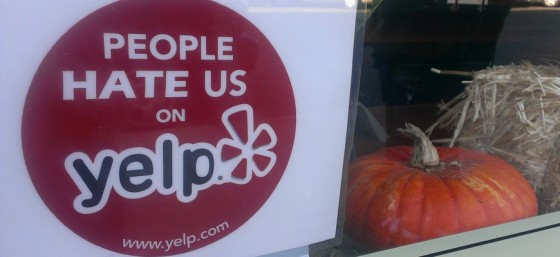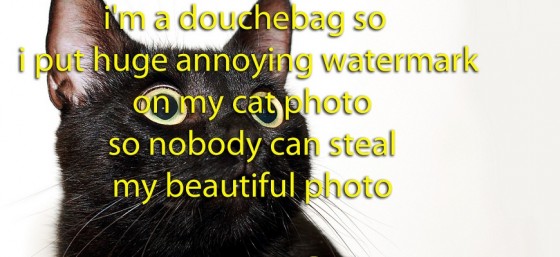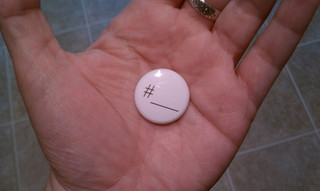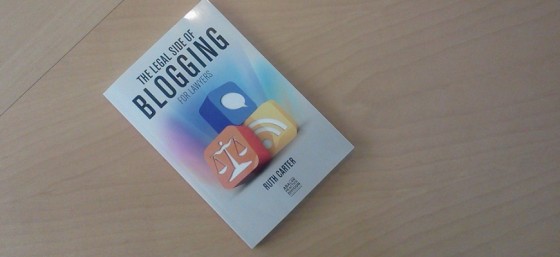
Having a blog is still awesome. Getting in trouble because of your block isn’t. When you’re lawyer, staying out of trouble when you have a blog is a little more complicated.
I became interested in the legalities of blogging when I started my personal blog, The Undeniable Ruth, in 2010. I have a lot of friends who are outspoken online and I wanted to know how far we could push the envelope before one of us crossed the line. That became a blog series, which inspired a paper for my Cyberspace Law class, and became the basis of my first book, The Legal Side of Blogging: How Not to get Sued, Fired, Arrested, or Killed. I tried to write as a blogger for other bloggers – in English instead of legalese. I tried to give as many straight answers as possible in an arena where the law hasn’t kept up with technology.
When I signed on to write The Legal Side of Blogging for Lawyers, I wanted to address all the common legal questions any blogger would have and also address some issues that are specific to the legal profession. I added sections about the type of disclaimer every legal blogger should have on their site and under what circumstances lawyers can blog about their own cases. Lawyers also have to be mindful of their state’s ethical rules about lawyer advertising. This shouldn’t be that big of an issue because if your blog constitute advertising, you’re probably doing it wrong. The book also includes practical advice on how to respond to people who leave comments on your site that ask for legal advice – despite the fact that your disclaimer clearly states that anyone in that situation should schedule a consult with a lawyer in their community.
I also added three appendices that list the state and federal laws that apply to blogging, online resources related to the legalities of blogging, and a list of recommended books about blogging and social media marketing.
One of my favorite parts of this book is the afterward written by anonymous legal blogger The Namby Pamby – a man who has personally experience blogging about his cases with the added burden of keeping his identity a secret. His blog is hilarious, and I loved hearing his take on my work.
After the book came out, I had the pleasure of talking about the book on the JD Blogger Podcast. Host John Skiba said that he liked the book can be used as a resource for lawyers with cases that are related to the internet because it’s filled with citations to the applicable cases and laws.
If you want your own copy, The Legal Side of Blogging for Lawyers is available through the American Bar Association.
If you want to chat more about the legalities of blogging, you can connect with me on Twitter, Facebook, YouTube, LinkedIn, or you can email me. You can also subscribe to the Carter Law Firm newsletter.
Please visit my homepage for more information about Carter Law Firm.

